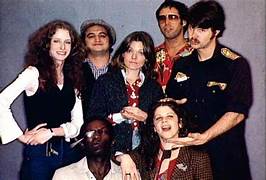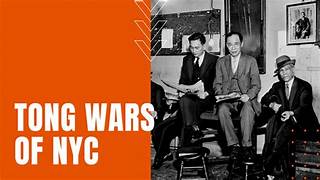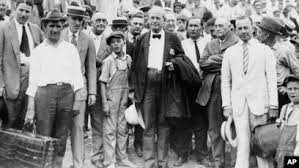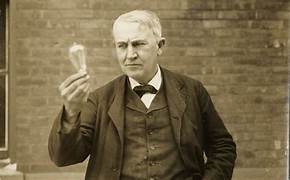On October 11, 1975, a groundbreaking television show made its debut on NBC, forever changing the landscape of late-night comedy. Saturday Night Live, also known as SNL, premiered on this day, and it quickly became a cultural phenomenon and a launching pad for some of the biggest names in comedy.
Created by Lorne Michaels, SNL was a live sketch comedy and variety show that aimed to satirize current events and popular culture. The show featured a mix of comedic sketches, musical performances, and a recurring cast of talented comedians known as the "Not Ready for Prime Time Players."
The original cast of SNL included comedy legends such as Dan Aykroyd, John Belushi, Chevy Chase, Jane Curtin, Garrett Morris, Laraine Newman, and Gilda Radner. Together, they brought a fresh and irreverent style of comedy to television, pushing boundaries and challenging the norms of traditional comedy programming.
From its very first episode, SNL made a significant impact on American television and popular culture. The show's unique format, combining live performances, improvisation, and topical humor, set it apart from other comedy shows of the time. SNL quickly gained a loyal following and became a must-watch for audiences craving edgy and politically charged comedy.
One of the most iconic elements of SNL is its recurring sketches and characters. Over the years, SNL has introduced audiences to unforgettable characters such as the Blues Brothers, Wayne and Garth, Mary Katherine Gallagher, and countless others. These characters became cultural touchstones and helped launch the careers of the comedians who portrayed them.
SNL also became known for its musical performances, featuring some of the biggest names in the music industry. From the Rolling Stones to Prince, Beyoncé to Nirvana, SNL has hosted an impressive array of musical talent over the years. The show's musical guests have often made headlines with memorable performances and unexpected collaborations.
Throughout its long and storied history, SNL has not been without controversy. The show's irreverent and satirical nature has occasionally pushed the boundaries of what is considered acceptable for television. From controversial sketches to political satire, SNL has faced both praise and criticism for its bold and often provocative comedy.
Nevertheless, SNL has remained a television institution, providing a platform for talented comedians and launching countless careers. Many of the biggest names in comedy, including Eddie Murphy, Will Ferrell, Tina Fey, and Amy Poehler, got their start on SNL. The show has been a breeding ground for comedic talent, nurturing and showcasing the next generation of comedy superstars.
Over the years, SNL has evolved and adapted to reflect the changing times and cultural landscape. It has remained relevant by satirizing current events, political figures, and societal trends. SNL's ability to adapt and reinvent itself has allowed it to remain a vital part of American television for over four decades.
Today, SNL continues to entertain audiences with its unique brand of comedy. The show's impact on popular culture cannot be overstated. It has influenced countless comedians, shaped the way we consume comedy, and provided a platform for social and political commentary.
As SNL celebrates its many milestones and continues to make us laugh, it stands as a testament to the power of comedy to entertain, provoke, and unite us. The show's legacy is a testament to the enduring appeal of live comedy and the ability of laughter to transcend time and bring people together.






